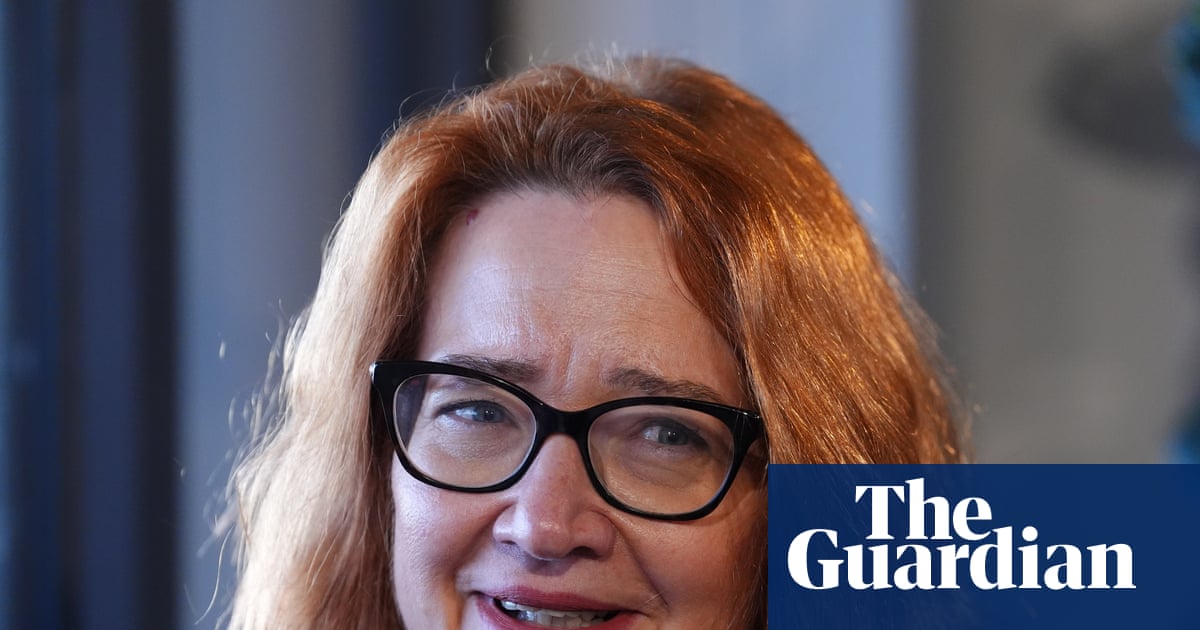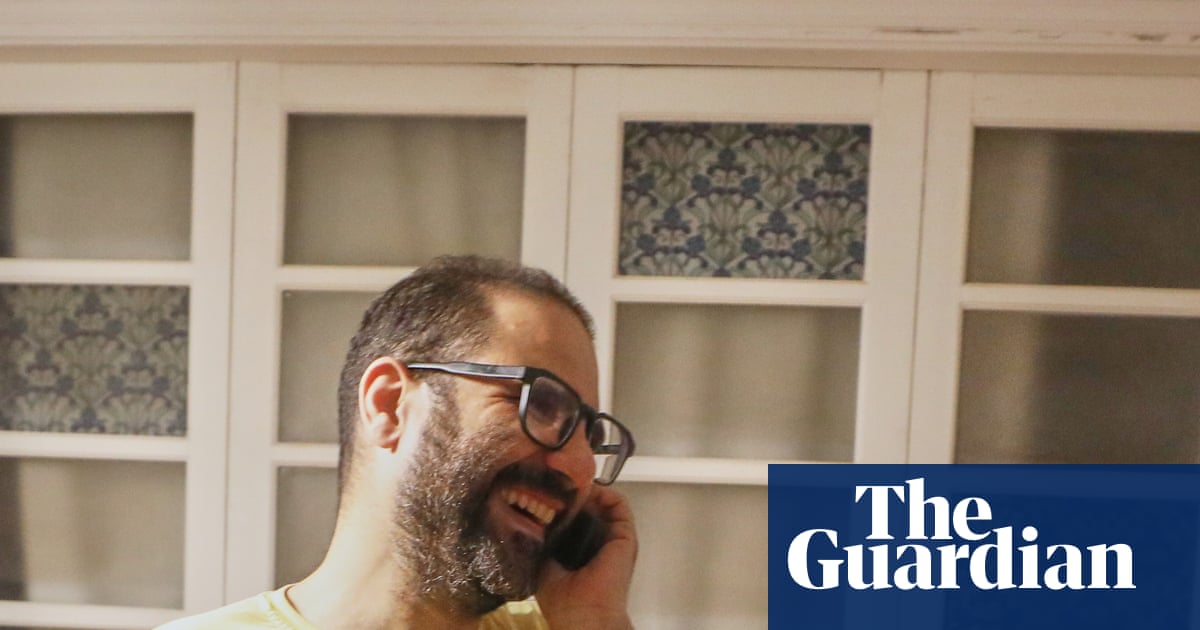Rachel Reeves has said that higher taxes on the wealthy will be a part of the story at the autumn budget (Report, 15 October). The government must use this moment to ensure that the super-rich contribute their fair share rather than cutting services that impact the poorest and most marginalised.
We all want the same things: thriving communities, good jobs and a future that we can look to with hope. But the rules have been rigged by the super-rich and powerful, allowing them to hoard wealth while the rest of us scrape by. This is fuelling division at a time when people desperately need meaningful change.
I work with MPs from all parties, trade unions, thinktanks and millionaires to make the tax system fairer. Here’s how the chancellor can raise tens of billions to invest in the country and rebuild trust in politics and one another:
1) Reforming capital gains tax by equalising rates with income tax will treat income from work and wealth the same, while removing unfair loopholes. So will applying national insurance contributions to income from investments. Why should a nurse or teacher or factory worker pay it while someone renting out five houses pays nothing?
2) End tax breaks for oil and gas companies, and private equity bosses, and properly resource HMRC to tackle tax abuse and costly loopholes. Together, these changes could raise around £30bn a year.
3) Reeves could raise more, while tackling inequality, through a modest wealth tax on the super-rich. Just 2% on net assets over £10m – affecting about 20,000 people – would raise more than £20bn annually, which could make childcare affordable, revitalise high streets and improve lives.
The chancellor has the solutions at her fingertips. Now she needs the political will to make them happen.
Caitlin Boswell
Head of advocacy and policy, Tax Justice UK
I recall in the 1940s and 1950s my wealthy grandfather complaining that his top rate of income tax was 90%. I was a beneficiary of that as he set up two trusts in retaliation: one for the private education of me and my three siblings, and one for his two sisters to help with their living expenses. But the country would not have seen the huge increase in social housing after the war, or the establishment of the National Health Service, without a progressive tax system. Despite his legal income tax reductions through establishing trusts, grandad still died a wealthy man.
With such obscene social inequality today, it is absurd for a Labour chancellor to reject a wealth tax and progressive income tax comparable to what my grandad paid. Why was income tax for the wealthy reduced so drastically from the 1980s? It’s not as if the need for social housing disappeared or the rising costs of the NHS evaporated.
Rachel Sharp
London
So Rachel Reeves thinks that those with the broadest shoulders should pay a fair share of tax (Report, 16 October). I’m wondering if the royal family is getting nervous. Will we see them paying inheritance tax, for instance? What next? Their wills being available to the public? I’m not holding my breath.
Dr Tim Owen
Newcastle upon Tyne
If taxation is ever going to be freed from the damaging perception that it is a “burden” rather than social good, it must first ditch the misleading metaphors designed to ease pain. If Rachel Reeves really believes that tax is a “fair share” issue, there is no need for special pleading. Talk of “broad shoulders” unhelpfully implies an act of altruism or even heroism from those who possess them. I’m pretty sure they don’t need to feel saintly as well as wealthy.
Paul McGilchrist
Cromer, Norfolk

 2 months ago
48
2 months ago
48

















































